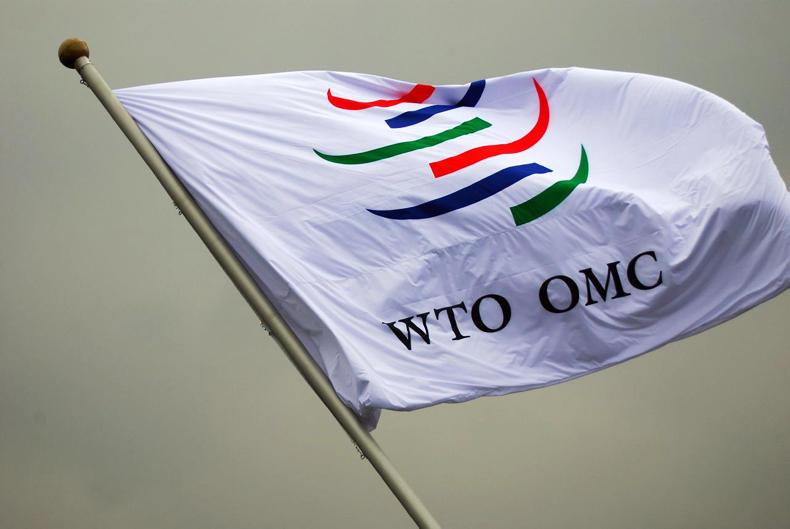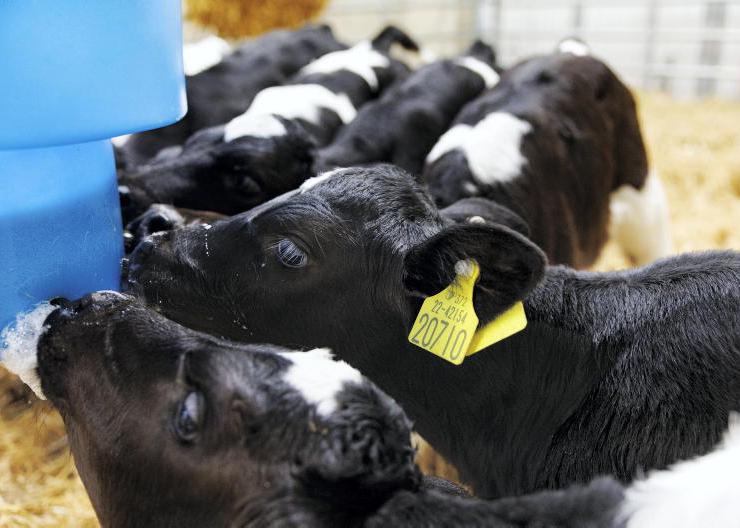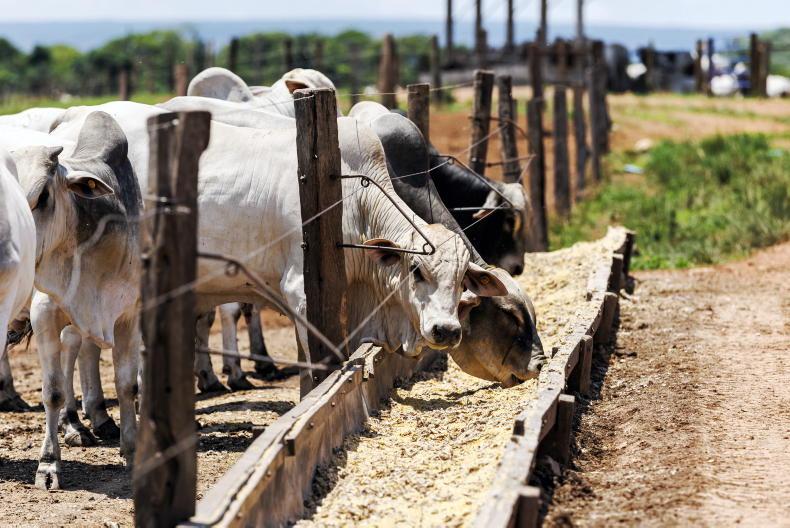As the European Council meets to approve the deal secured last Friday that would move Brexit negotiations into the next phase, another problem has arisen. A view is emerging in Brussels that giving the UK a special deal when it leaves the EU and becomes a third country from a trade perspective would upset the international trade balance.
Trade deals such as those that have been negotiated between the EU and Canada, the EU and Japan, or the EU and Singapore, are carefully balanced between offensive and defensive interests on each of the parties.
This means that if one wants to export a product, for example beef, and the other wants to limit imports, then the offensive and defensive interests have to meet somewhere in the middle.
This usually involves a restriction on access by way of a quota. For example, in the current Mercosur talks, Mercosur countries want to export limitless quantities of beef to the EU, while several EU countries are opposed to any imports.
A compromise was arrived at, much to the annoyance of beef farmers, that the EU would accommodate 70,000t at a preferential tariff rate of around 9%, well below WTO levels. Agreement didn’t happen this week in Buenos Aires on Mercosur, but when the negotiations pick up again, it will be a negotiation around these numbers.
It is the ambition of the UK in Brexit negotiations and many EU countries, particularly Ireland, that business would continue as before after Brexit, with an alignment that would mean standards would remain synchronised and businesses wouldn’t be capped by quotas.
That is where the external problem arises. The EU and UK agreement on allocation of existing import quotas to the EU might be allocated post Brexit between the EU 27 and the UK, leading to an objection to WTO by other third countries.
This has the potential to frustrate the one area of agreement the UK and EU arrived at without much controversy.
Now the suggestion is that the same problem might arise if the EU was to give the EU much more favourable terms in an agreement that would keep close to the status quo of when it was a member of the EU.
The thought is that this is much better terms than other external countries, such as Canada, Japan and Singapore, got in their trade deals and there is a view that the UK shouldn’t get better than these countries, when it too becomes a third country in 2019.
At one level this may be considered an academic issue, but it has the potential to become very real just as the issue on allocation of existing quotas did when major countries, including Canada, New Zealand, Argentina, Uruguay, Brazil and Thailand, objected to WTO in a co-signed letter.








SHARING OPTIONS